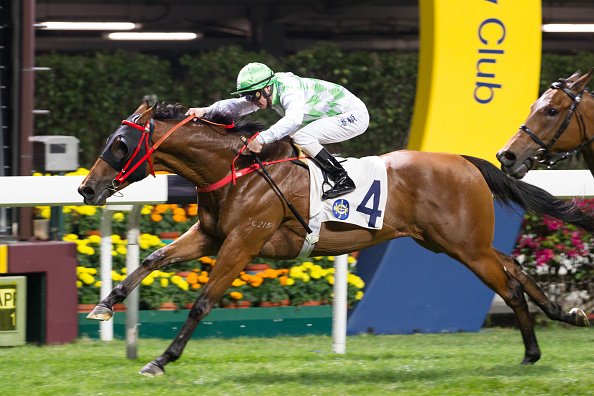Into the final straight: An interview with gambling chief Michael Dugher

For most punters, it’s the thrill of horses entering the last couple of furlongs when the heart rate starts picking up.
The betting industry however is in a final stretch quite unlike that at courses like Cheltenham and Epsom – for a government review in the works since 2020 is due to finally set the course for what remains one of Britain’s few world-leading sectors.
For Betting and Gaming Council (BGC) chief executive Michael Dugher, the worst case scenario would be overly intrusive reform where the government takes a “blanket” response to regulating the sector.
As a body that both represents and regulates around 90 per cent of the gaming and betting industry, including the biggest names in the business like Bet365 and William Hill, the stakes are understandably high for BGC.
Much of the brouhaha around the review has focused on problem gamblers. The latest government figures suggests 0.3 per cent of Brits are in that category. Dugher reckons there needs to a balance struck between cracking down on addiction and stifling industry competition.
“The question is how can we do it all without spoiling the enjoyment of gambling for the majority of players”, he told City A.M.
Whilst online gambling operators have already taken action to stamp out addiction, including imposing deposit limits and time-outs, an array of other options have also been floated in recent months.
One of the proposed measures includes enhanced spending checks, which could, in their most extreme form, require users to submit pay cheques and bank balances to betting operators if they are flagged as showing addictive behaviour.
For Dugher, this is problematic for your average punter: “The moment you ask for documents, which I think most people would regard as highly intrusive on their freedom of choice, you are pushing people to simply take their custom elsewhere”, he said.
It has also been put forward that the government could ban offers and rewards that incentivise people to make a bet.
On this, Dugher said it would be “degrading to the customer experience”, and undermine a booming UK industry, which is highly renowned across the world.
In essence, he argues that “draconian” measures would drive people away from the licensed market and into the arms of the unlicensed world of betting.
For instance, he points to the huge black market growth in the likes of Norway and Italy, which both introduced highly restrictive gambling curbs in recent years.
In Italy, where betting and gaming advertising is completely banned, the black market now accounts for around 23 per cent of all money staked.
Whilst the UK is currently a far cry from this situation, with figures hitting around two per cent for unlicensed bets, Dugher said the government needs to avoid the same rocky road taken by our European cousins.
“I’m really worried that if we get the changes wrong here like they have in other countries in Europe, we will drive people into the black market. This means customers will be playing on websites that don’t have any of the safeguards or tools that the regulated market has”.
However, according to Director of Clean Up Gambling Matt Zarb-Cousin, the threat of the black market has been “overplayed” by gambling giants and bodies, and the connection between regulation and black market aren’t so neatly tied together.
“It tends to be people who can’t access the regulated market that seek out the black market, rather than people who are trying to evade compliance obligations”, Zarb-Cousin explained.
Nonetheless, drawing on cigarettes as a comparison, the link between high regulation and black markets is distinct.
Underground networks have boomed as duties and curbs have increased, and as it stands, illegal trade of black market cigarettes costs the Treasury around £2bn each year.
Meanwhile, Dugher emphasised the immense contribution made by BGC members to the UK economy. Members generated around £4.5bn in tax and contributed £7.7bn to the economy in gross value added in 2019 alone. Betting and gambling also supported around 119,000 jobs, according to EY data.
So from this perspective, even a small spike of black market growth in betting would hurt the pursestrings of an already struggling economy, undermining the tax system and limiting employment opportunities.
“In the end the government has to decide whether it treats gambling like tobacco, which it regards as ‘universally and intrinsically harmful’. Or do they view it like alcohol where they see it as something that millions of people do and can do safely”, Dugher said.